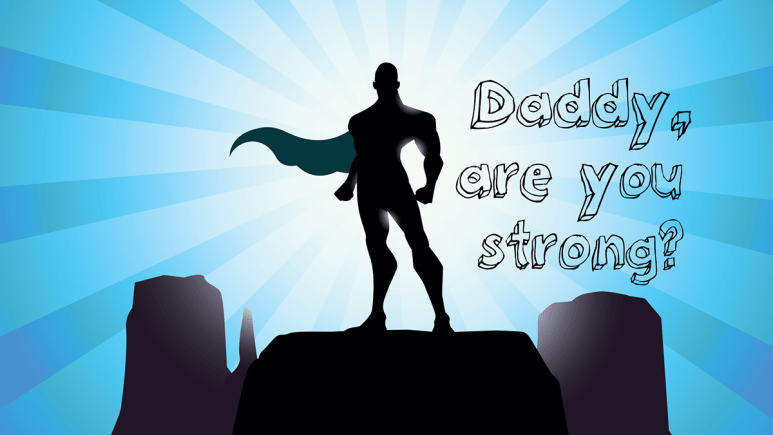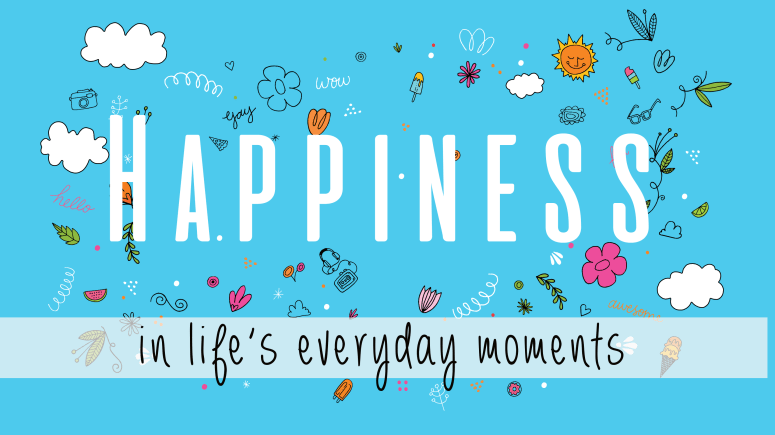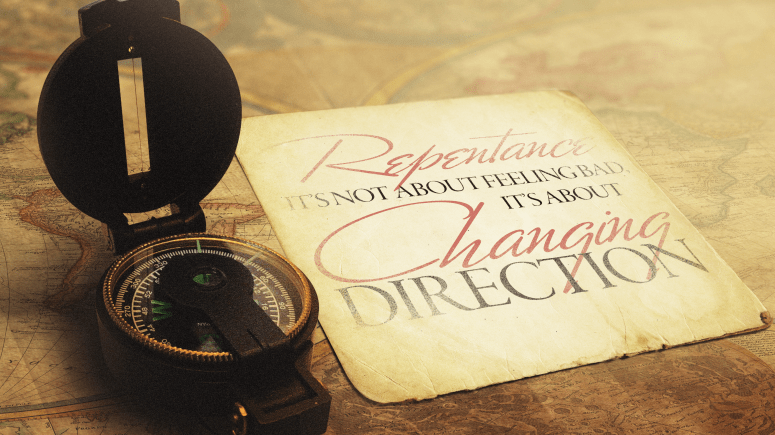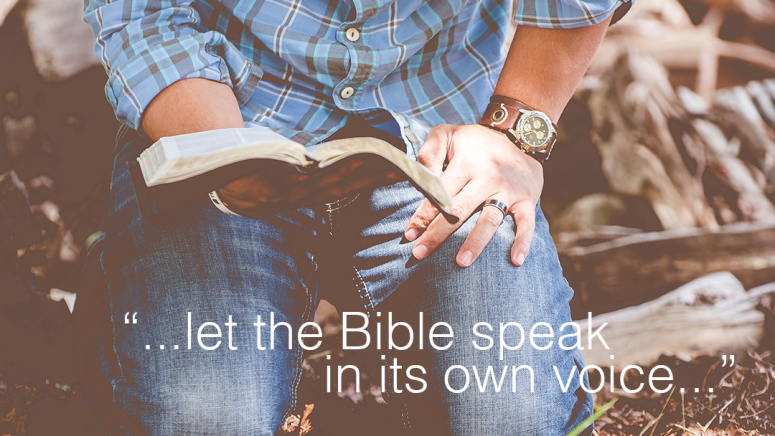
“We must rapidly begin the shift from a thing-oriented society to a person-oriented society. When machines and computers, profit motives, and property rights are considered more important than people, the giant triplets of racism, materialism, and militarism are incapable of being conquered.” – Martin Luther King Jr.
Today, I want to write about how we see the world. Because, the truth is, we all see it through a different lens and worldview. And, what I want to briefly raise up is that there is a way of looking that prioritizes things(i.e. money, power, productivity, property), and another that prioritizes people (i.e. their welfare, care, support, freedom).
We get a really good example of this in the story of the Exodus…
What ends up happening is the people of Israel are made to be slaves to the Egyptians, who then see them not as people, but as things to produce, things to be controlled, things to be abused, and things to be managed and owned. Their focus was on making Egypt more profitable, meeting higher quotas, and not caring about the Israelites or the harshness of their demands on them. (see Exodus 1:11-14) The Egyptians saw the Israelites as “things” to be exploited and used.
But, what I think is so interesting is that if you go on to read Leviticus (I know, it’s a tough slog at the best of times), what you see again and again and again, is God seeking to shape the consciousness of the Israelite people away from things and toward persons – to not see people as things to be used, but rather as people to be loved.
We see this in verses like Leviticus 19:16…
“Do not try to get ahead at the cost of your neighbor’s life, for I am the Lord.”
Or, Leviticus 19:18…
“Never seek revenge or bear a grudge against anyone, but love your neighbor as yourself.”
Or, most clearly in Leviticus 19:33-34…
“Do not exploit the foreigners who live in your land. They should be treated like everyone else, and you must love them as you love yourself. Remember that you were once foreigners in the land of Egypt.”
God is seeking to not only bring the Israelites out of Egypt, but to rid them of the way Egypt saw the world. His desire is to change the world from seeing it as primarily about “things” (i.e. ownership, possessions, power, and production), and to see the world through His eyes, focusing in on persons and people.
Remember, God is the one who “heard the cries” of His people and “looked down on the Israelites and felt deep concern for their welfare.” (Exodus 2:24).
So, I write all this because, in today’s world, it is so easy to slip into seeing everyone in terms of “things” – to see the world like Egypt did, as detached, indifferent, uncaring, and concerned most about protecting their stuff and their wealth. But, the way of Jesus is different…
Jesus is concerned first and foremost with people, both prioritizing them and loving them.
And, while I don’t know what this all means for you practically, with all that’s going on in our world, in your life, in politics, and in our neighbourhoods, one thing I think it does mean is that when Jesus says, “Love your neighbor,” and God says, “Treat the foreigners well” and “Don’t try to get ahead at the cost of someone else,” I think He meant it.
And, this means we should seek to practice it too.



 “People take time. But in our haste, we size them up or cut them down to what we take to be a more manageable size, labeling people instead of trying to hear, understand or welcome them.”
“People take time. But in our haste, we size them up or cut them down to what we take to be a more manageable size, labeling people instead of trying to hear, understand or welcome them.”
 “For the happy heart, life is a continual feast.” – Proverbs 15:15
“For the happy heart, life is a continual feast.” – Proverbs 15:15 I’ve recently been convicted of something in my life by God and it’s this: I’m often tempted to use God for godly outcomes. And, here is what I mean by that…
I’ve recently been convicted of something in my life by God and it’s this: I’m often tempted to use God for godly outcomes. And, here is what I mean by that…

 Today, in a short blog post, we are going to try to dive pretty deep theologically and philosophically. I want to begin with a quote from a pretty well-known Biblical scholar at Wheaton, named John Walton, who apparently Larry went to school with, which makes me quite jealous.
Today, in a short blog post, we are going to try to dive pretty deep theologically and philosophically. I want to begin with a quote from a pretty well-known Biblical scholar at Wheaton, named John Walton, who apparently Larry went to school with, which makes me quite jealous.